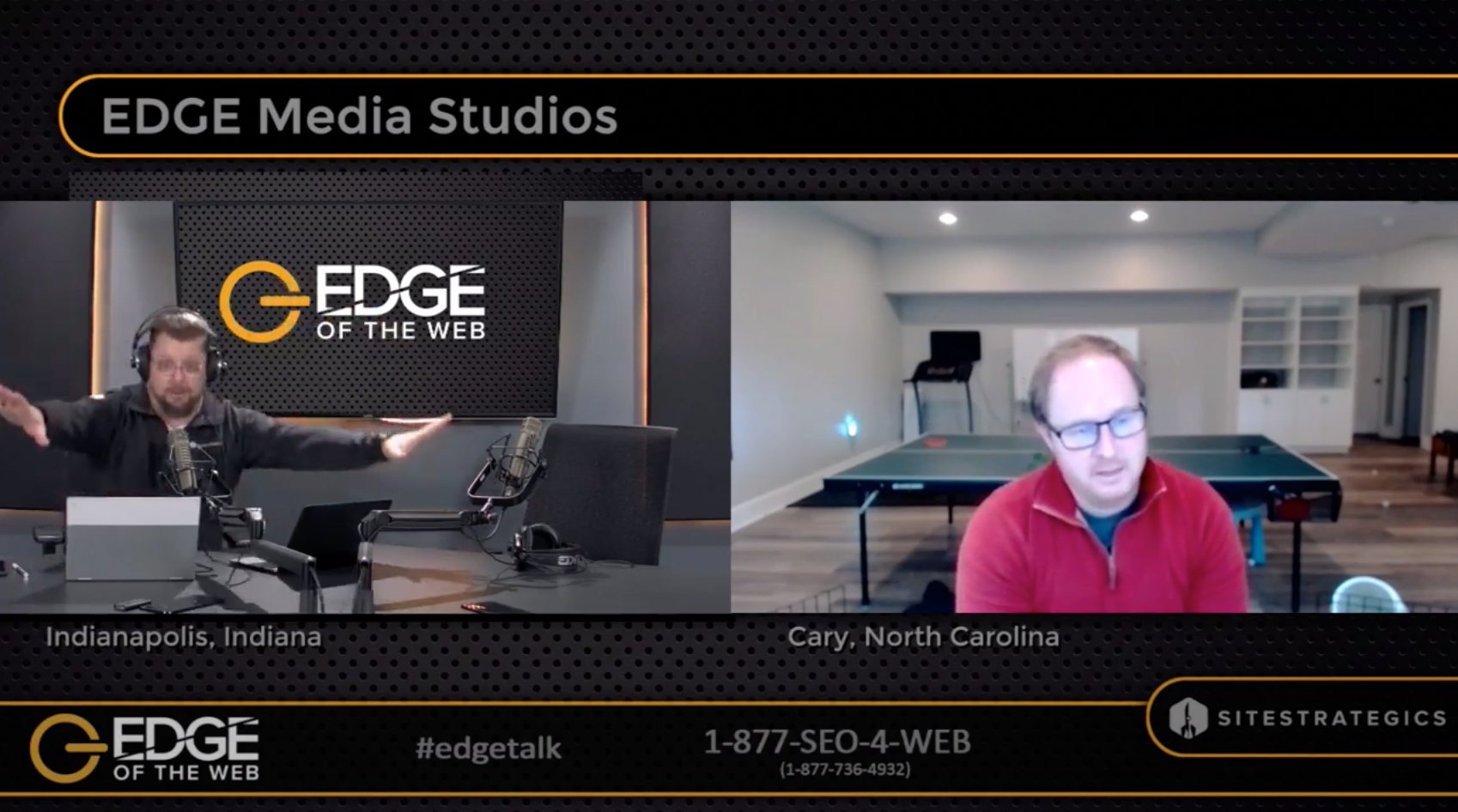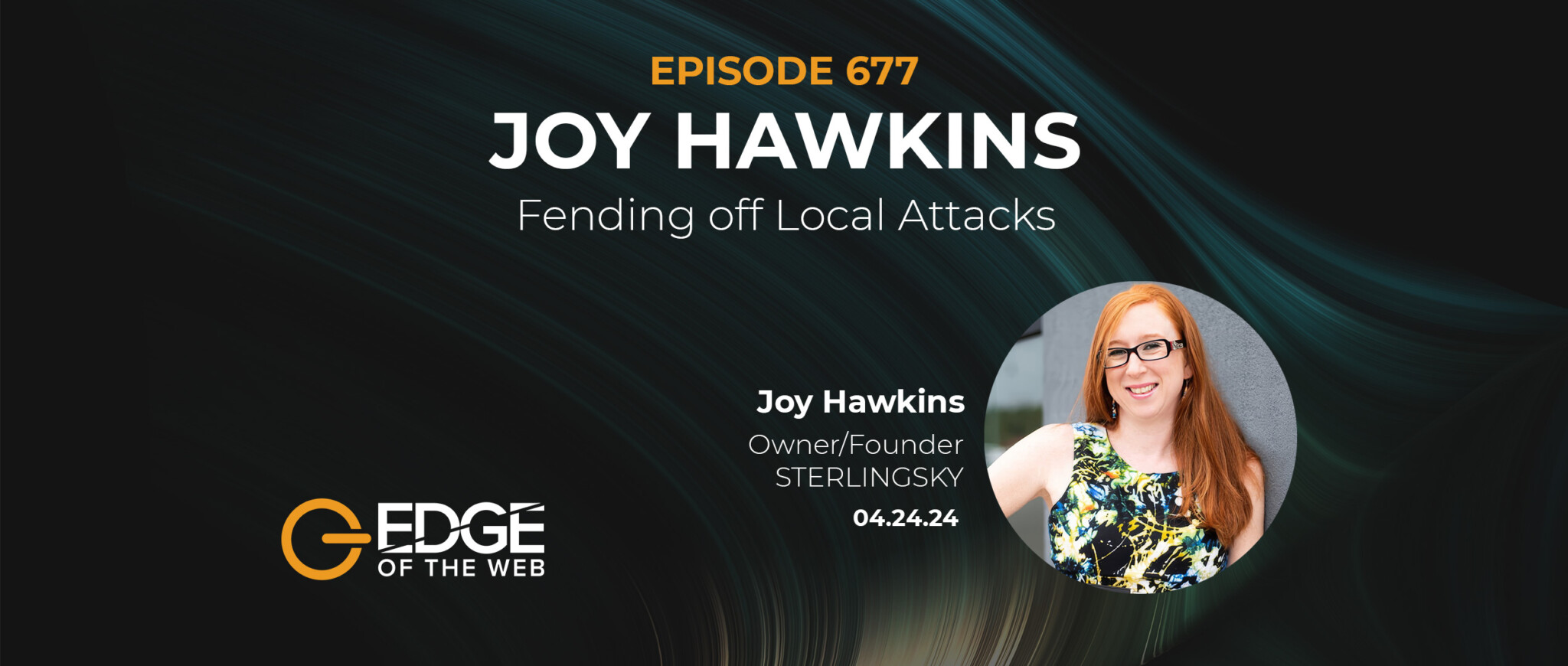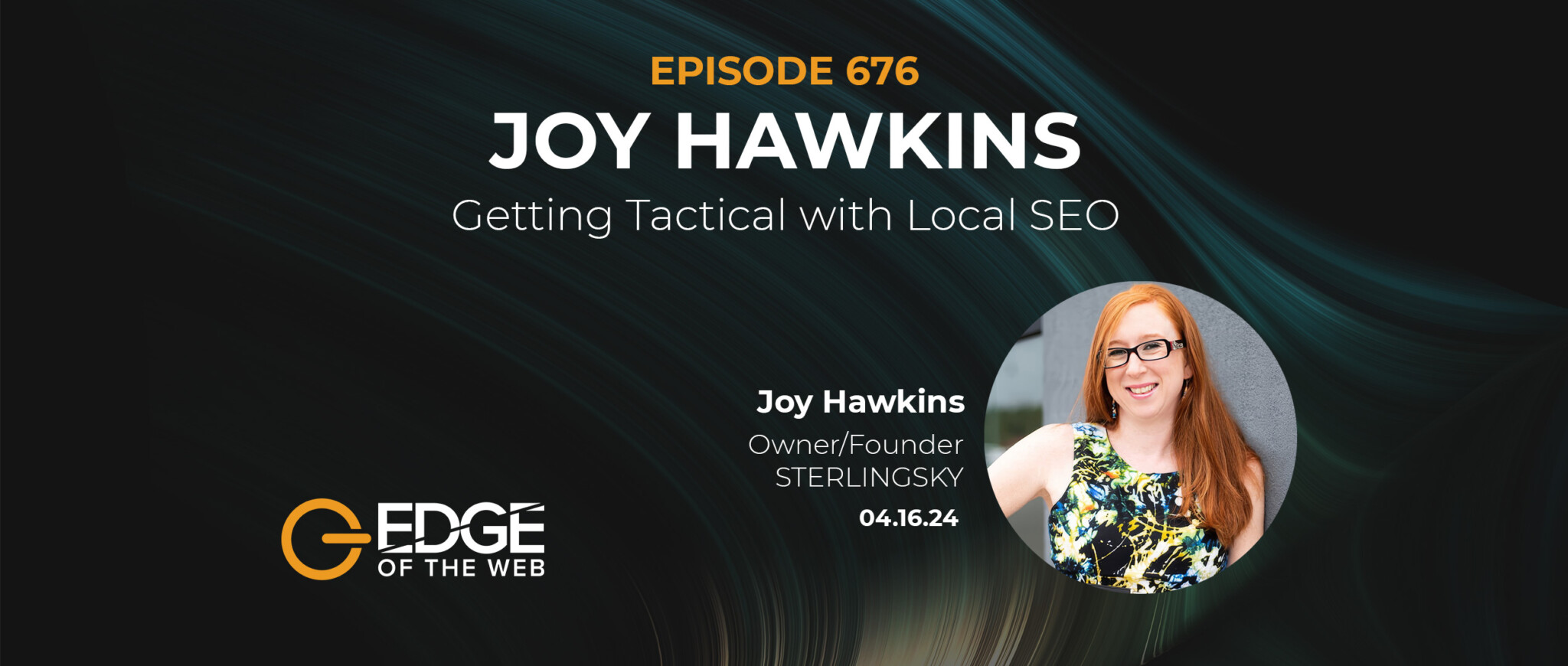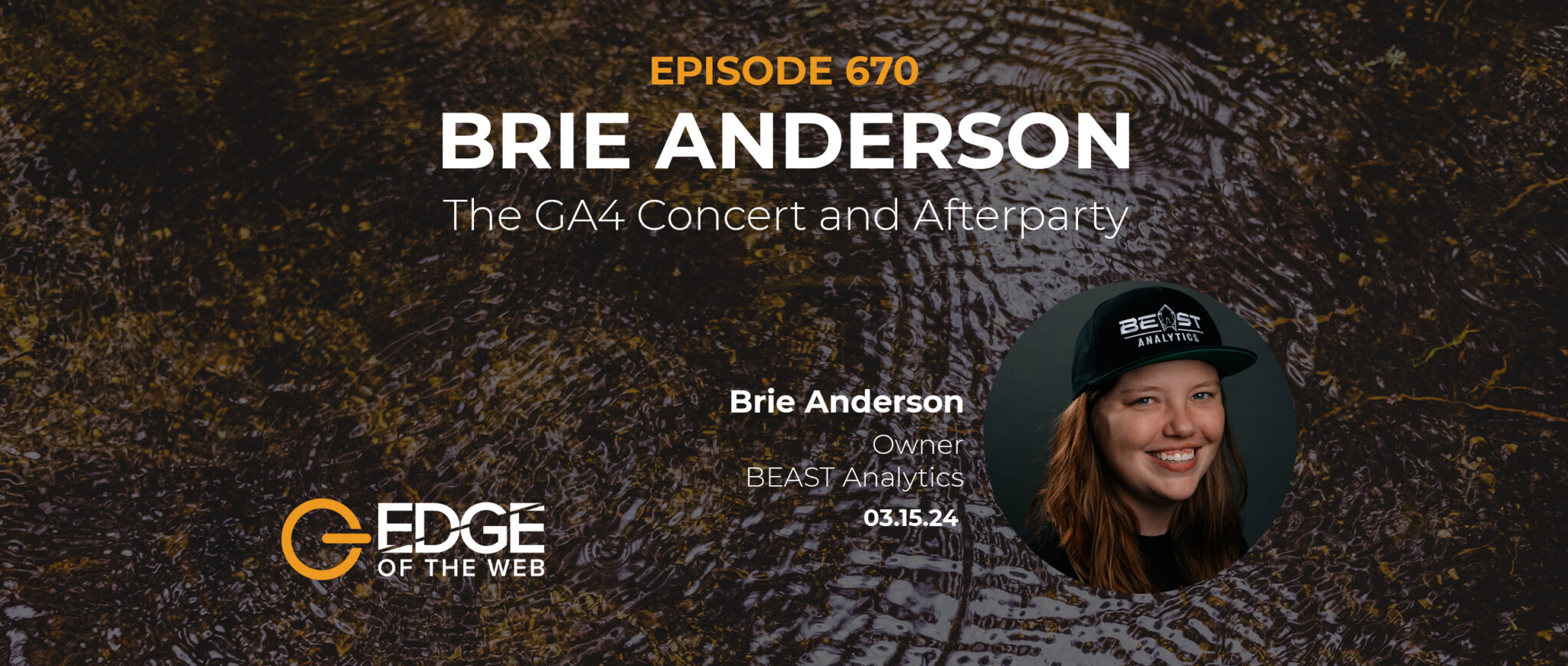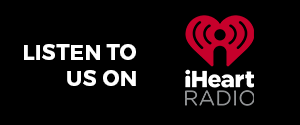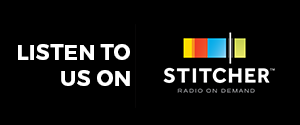Moz Principal Search Scientist Russ Jones spoke with Site Strategics CEO Erin Sparks and Digital Media Director Tom Brodbeck about the upcoming release of Domain Authority 2.0 during Episode 303 the award-winning EDGE of the Web podcast. Many of the improvements that have been made are especially good at rooting out the many ways that some SEO technicians try to game the system to get good DA scores and Google rankings when they don’t really deserve them. Here’s what we learned:
Penalizing Black Hat Sites
Moz spent a good deal of time looking into how the DA scores of sites known for cheating compare in DA 1.0 versus DA 2.0. What kinds of sites are cheaters? Sites that are nothing more than link schemes, comment spamming and so forth. For example, WordPress blogs that engage in a lot of content spamming will have their DA score drop by nearly half. Then there are the so-called “link islands” sometimes called domainer networks like GB503, 504, 506, and so on. Or a site like Globe Network that exists only to link out to the top million websites. Sites like this are going to take a big hit, like DA reductions of 71-97%.
Many sites that sell links will be reduced, but not by a lot, maybe around 22%. This is interesting because those sites don’t really care so much about Google ranking, but they do care about DA, which is why they use various link schemes to artificially inflate their DA scores, allowing them to charge more when selling links. But they weren’t improving their content, so it was easy to find them. It would have been much harder to weed them out if their inflating of DA was accompanied by greatly improved content.\
What we’ve discovered is that some people are doing whatever they can to boost their DA so the domain can be sold for more money. They’re going to have a rude awakening on March 5. But if you could figure out how to short-sell the domainer market, you would make a killing. The sites that are all about linking building, private blog networks (PBNs) and domainer sites won’t be able to game DA in the same ways that they have been in recent years.
Some of the decisions that have to made are tricky, though. Take a site, for example, that is essentially a Wikipedia clone that serves up random Wikepedia pages when visit the site and then click on next. Maybe there are marketing links built into it somewhere, but the site includes a ridiculous number of domains – like 60,000. Keeping all of that in the Moz link index literally costs tens of thousands of dollars a month. We want to include it so DA can learn to penalize it and protect our customers from it, but it’s super expensive to do it. It makes you have a bit more appreciation for what Google has to deal with in trying to reduce its own spam problems.
Domain Authority and Disavowing
Moz also wrestled with the question of whether or not to allow some kind of disavowing the way Google does. Moz could make a lot of money with something like that, but only because it would become an essential enabling tool for black hatters to buy Moz accounts so they could upload lots of disavows to boos their DA scores back up after taking a hit. DA is a strong tool because it so closely matches Google, and there wouldn’t be a way to verify that any given site is using the same disavows in both places. It’s important to understand that if you have a lot of links on your site that are going to have low DA scores on March 5, your site will also take a big hit until you fix your site by actually removing those links. Or just live with the new DA score you get as the new normal – especially if you’re happy with whatever disavowing you’ve already done with Google.
The Internal Impact of DA 2.0 on Moz
Because Domain Authority has become such and industry standard, undertaking such a big overhaul of it created a lot of internal pressures and arguments around what to do and doing it right. What Moz wants to see is SEO technicians who use tools like DA to do their jobs better, not as just a quick-and-dirty way to boost their site in the market. Moz wants the whole SEO industry to be about producing quality tools that bring real value to customers.
As you might imagine, the Moz help team is terrified out about what kind of flood of requests they’re going to have to deal with on March 5. The big thing to keep in mind is not freaking out. Your DA score may or may not change a lot or not much at all. And the new score doesn’t mean your Google rankings are going to change at all – only that your DA score is more accurately tied to your Google ranking. If you’re an SEO consultant that uses DA as a KPI (key performance indicator), you need to be prepared to explain to clients what a significant change in their score means.
Connect with Russ Jones and Moz
Twitter: @rjonesx (https://twitter.com/rjonesx)
LinkedIn: https://www.linkedin.com/in/russjonesmoz
Blog: http://www.thegooglecache.com
Moz on Twitter: @Moz (https://twitter.com/Moz)
Moz on Facebook: @moz (https://www.facebook.com/moz)
Moz website: https://moz.com
Subscribe to the EDGE Newsletter
Want to keep up-to-date with the latest developments and breaking digital marketing news? Get it delivered to your inbox! Sign up for our newsletter by going to EDGEofthewebradio.com and you’ll see the subscribe box at the very top of the page. Enjoy these digital nuggets of gold from the EDGE and our sponsor, Site Strategics – your agile digital marketing solutions provider.







